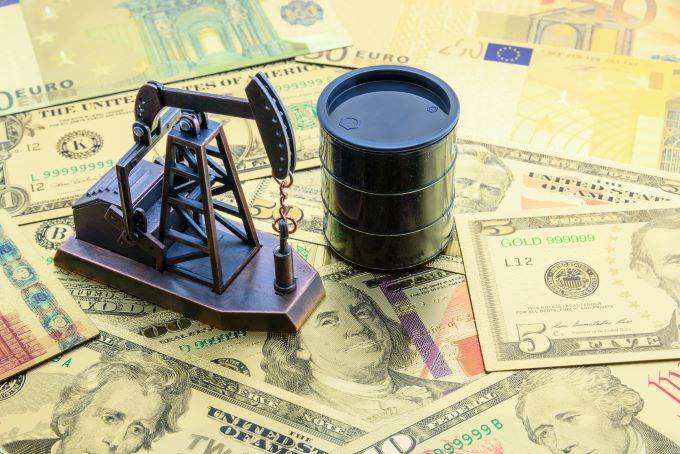 Oil prices edged modestly higher on Thursday after falling 2 percent on Wednesday to snap a five-day winning streak. U.S. WTI futures were up 0.21 percent as of 1:40 p.m. HK/SIN, to $24.04 per barrel, while Brent crude futures were up 0.20 percent to $29.78 per barrel. Wednesday saw a particularly volatile day for WTI prices, with gains of more than 6 percent during the day, but a closing price down more than 8 percent on the day. In the past week, WTI prices have jumped more than 50 percent on trader optimism that the easing of movement restrictions across the globe would increase demand for fuel. However, the selloff on Wednesday could be a sign that traders are trying to capture these gains.
Oil prices edged modestly higher on Thursday after falling 2 percent on Wednesday to snap a five-day winning streak. U.S. WTI futures were up 0.21 percent as of 1:40 p.m. HK/SIN, to $24.04 per barrel, while Brent crude futures were up 0.20 percent to $29.78 per barrel. Wednesday saw a particularly volatile day for WTI prices, with gains of more than 6 percent during the day, but a closing price down more than 8 percent on the day. In the past week, WTI prices have jumped more than 50 percent on trader optimism that the easing of movement restrictions across the globe would increase demand for fuel. However, the selloff on Wednesday could be a sign that traders are trying to capture these gains.
Data released yesterday by the U.S. Energy Information Administration revealed that inventories rose by 4.6 million barrels last week, lower than the 8.67 million-barrel rise expected by Reuters analysts and the 7.76 million barrels predicted by Refinitiv analysts. According to Bjornar Tonghaugen, head of oil markets at Rystad Energy, "indications show that for yet another week, storage is continuing to fill up, despite the shut-ins and the output cuts." He noted that though demand may be gradually increasing, it's not enough to balance the existing supply which must be used done in order to ease the supply glut.
Analysts are now wondering if reopening the economy will boost demand as much as originally hoped. With expectations for approximately 50 million people in the world being unemployed by the end of Q2, the demand for fuel could be reduced significantly just because of the decrease in commuting. Questions about resuming air travel also leave a lot of unknowns. Though international travel cannot remain closed permanently, analysts predict it could take two years for the travel industry to bounce back – and that is without the second wave of infections that health officials are predicting.
According to a report by the BBC, it would be impossible for airlines to keep middle seats empty for the long run, as they won't be profitable if one-third of seats are not used. Michael O'Leary, a chief executive at Ryanair, has also noted that empty seats do not ensure that social distancing rules are implemented properly. The International Air Transport Association (IATA) agrees with this assessment. As such, the question of when and how air travel will resume in earnest remains open, calling into question when the demand for oil will reach prior levels.
